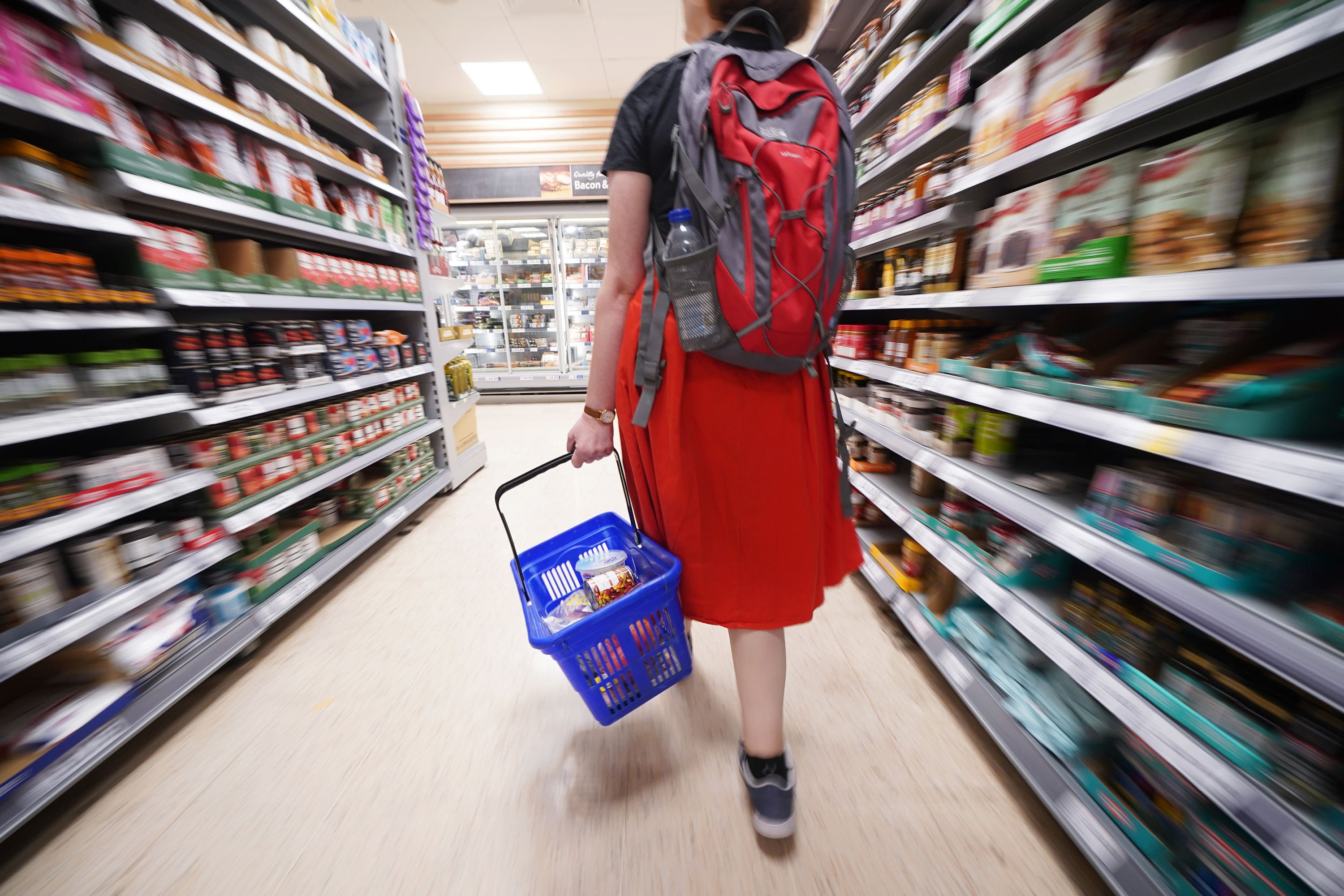Cost of living causing almost two million people to regularly skip meals – study
A YouGov poll of more than 6,000 people found 9.6 million Britons live in households classed as in ‘serious financial difficulties’.

Your support helps us to tell the story
From reproductive rights to climate change to Big Tech, The Independent is on the ground when the story is developing. Whether it's investigating the financials of Elon Musk's pro-Trump PAC or producing our latest documentary, 'The A Word', which shines a light on the American women fighting for reproductive rights, we know how important it is to parse out the facts from the messaging.
At such a critical moment in US history, we need reporters on the ground. Your donation allows us to keep sending journalists to speak to both sides of the story.
The Independent is trusted by Americans across the entire political spectrum. And unlike many other quality news outlets, we choose not to lock Americans out of our reporting and analysis with paywalls. We believe quality journalism should be available to everyone, paid for by those who can afford it.
Your support makes all the difference.Almost two million Britons skip meals for a whole day three times a month due to the rising cost of living, research has suggested.
A YouGov poll of more than 6,000 people also found 9.6 million Britons live in households classed as in “serious financial difficulties”.
Among this group, 61% of households said they could not always keep their home warm and comfortable in the last six months.
Similar numbers said they were cutting back on social interaction with friends and family (64%) and are participating less in hobbies and pastimes (61%).
Among those in serious difficulty, 46% of people are putting off dental treatments due to cost while 19% of all Britons are doing the same.
Meanwhile, almost a fifth (19%) of those in serious financial difficulties are avoiding doctor’s appointments while 18% cannot afford medical equipment or medication.
Some 35% of all Britons say they cannot afford a balanced diet at once a month while that figure rose to 82% among those hardest hit by the squeeze on household budgets.
A third of Britons say financial worries cause them to sleep badly at night and 35% say their financial situation is making their mental health worse.
Meanwhile, 27% of Britons say money worries are making their physical health worse.
People also reported cutting back on takeaways and holidays as well as shopping at cheaper supermarkets.
Respondents said cost-cutting is the “new normal”, with just 26% of people saying they had not tried to save money recently.
On a general level, financial well-being is lower than it was when the first survey took place at the start of the pandemic in April 2020.
Since then, there has been an 11 percentage point fall in households who are financially secure (from 37% to 26% of households).
Although government has taken welcome steps to support those who are worst off, these figures show that more needs to be done to help; relying on food banks is not a viable long-term solution
The poll of 6,540 adults was commissioned by the charity abrdn Financial Fairness Trust for its Financial Fairness Tracker series and was conducted between April 24 and May 3.
The data has been further broken down and analysed by the Personal Finance Research Centre at the University of Bristol.
Mubin Haq, CEO of abrdn Financial Fairness Trust, said: “The cost-of-living crisis is having a serious impact on decisions millions are making about their health.
“It is shocking that people are routinely delaying dental treatment, not taking medication and not eating due to their inability to afford these essentials.
“Short-term cost savings are likely to have long-lasting consequences to the nation’s health.
“This is a high price to pay and could have knock-on effects on the labour market with people being unable to work due to poor health.”
Professor Sharon Collard, chair in personal finance at the University of Bristol, said: “The worsening levels of food insecurity caused by rising living costs cannot be ignored.
“The number of people who cannot afford to eat healthily, or even eat three meals a day, is worrying.
“Although government has taken welcome steps to support those who are worst off, these figures show that more needs to be done to help; relying on food banks is not a viable long-term solution.”